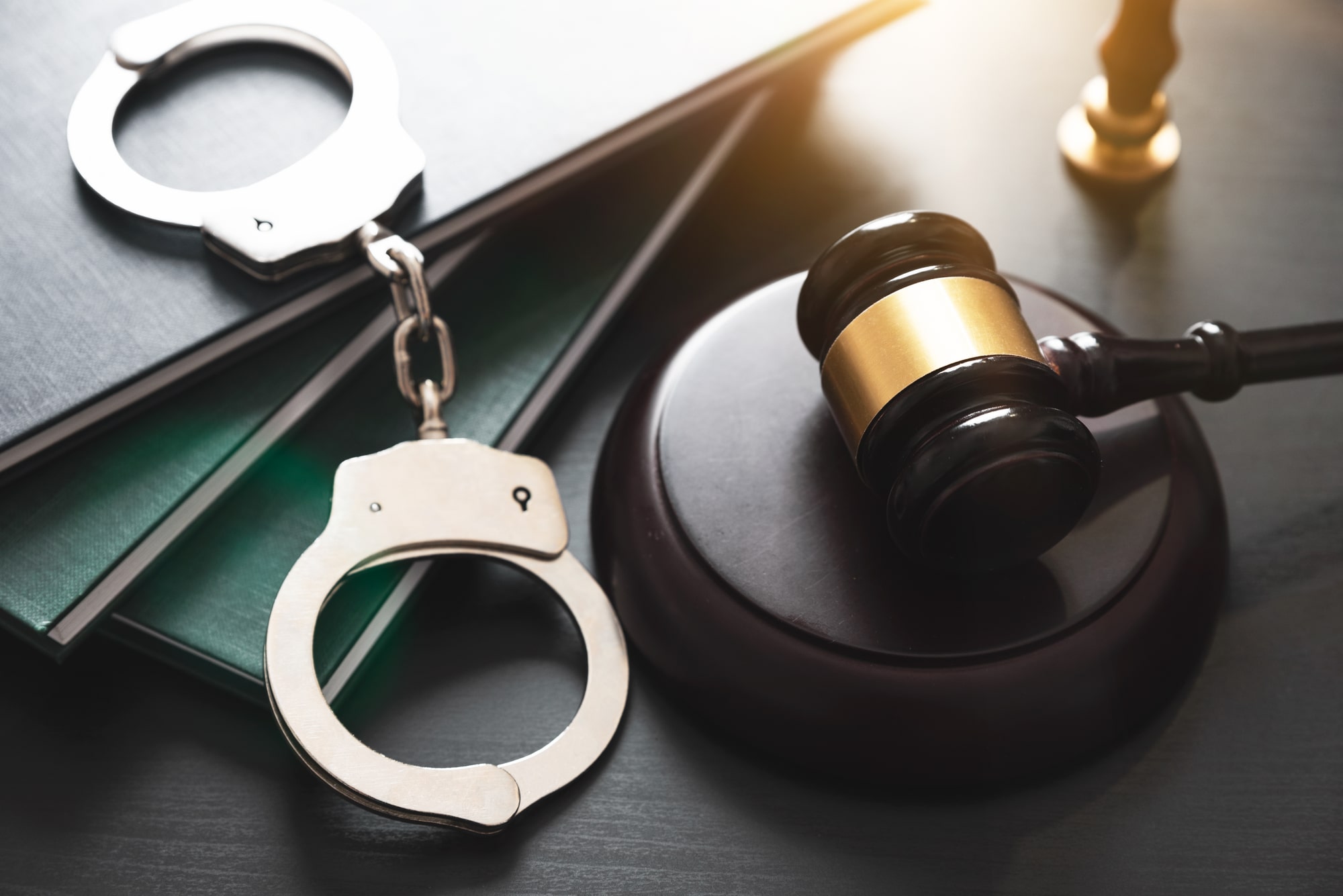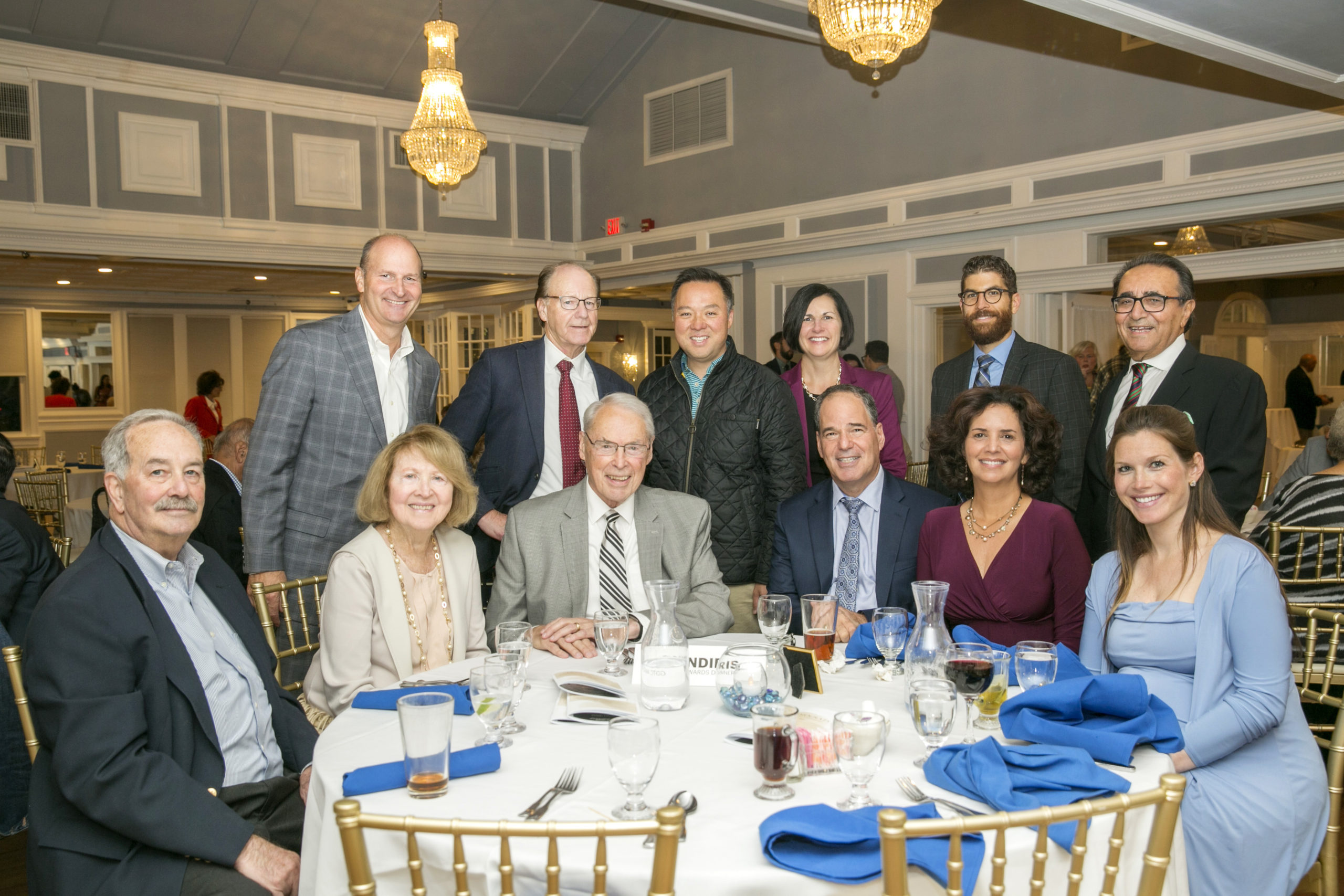When Deepfake Evidence Enters The Courtroom

In today’s digital world, almost anything can be altered or created from scratch — including video and audio that look and sound real. Deepfake technology, which uses artificial intelligence to generate realistic content, is starting to raise serious questions in criminal courts. As defense attorneys, we need to understand how this kind of technology can affect the outcome of a case and how to respond when it’s used as evidence as our Hartford, CT criminal defense lawyer can share.
What Deepfake Technology Is And Why It Matters
A deepfake is a video or audio recording that has been digitally created or modified to make it appear that someone said or did something they never actually did. It’s more than just editing — it’s often almost impossible to tell that the footage isn’t real. This creates a major issue for both prosecution and defense in criminal trials. If a piece of deepfake content is presented as authentic, it could unfairly influence a judge or jury.
We’ve seen situations where someone is accused based on video evidence that appears to show them committing a crime. But if that content was altered or generated using deepfake tools, it may not be real at all. When this happens, it’s important to question the source of the evidence and whether it holds up under technical review.
How Deepfakes Can Affect A Criminal Case
From a defense perspective, one of the biggest concerns is that fake content might be submitted as evidence without proper vetting and therefore affect criminal sentences handed down in court. In some cases, a deepfake could be used to falsely accuse someone of a crime, especially in emotionally charged situations such as domestic disputes or financial fraud.
A video or audio recording often carries a strong impact in court. Jurors tend to believe what they can see or hear. If that content is not authentic, and no one questions it, the accused may face charges or even a conviction based on false information. That’s why it’s critical to bring in technical support when there is any doubt about the evidence.
Our firm works with forensic analysts and other professionals to review digital content and confirm whether it’s genuine. If we believe a client has been accused based on deepfake evidence, we act quickly to challenge the material and keep it out of court whenever possible. We have been rated by Super Lawyers for a reason, and that is because we go above and beyond for clients in situations just like this.
Tools And Techniques For Disputing Deepfake Evidence
We focus on reviewing the metadata of a video, the file format, and inconsistencies in facial movements or audio. Many deepfakes, even well-made ones, leave behind signs that a trained eye can detect. We also compare the video or audio in question with verified footage of our client. Even small differences in mannerisms or speech patterns can reveal that the content was fabricated.
Raising these concerns early in the case helps prevent unreliable evidence from influencing the process. Judges and prosecutors are becoming more aware of the risks, but it’s still important that we, as defense attorneys, lead the effort to question suspicious media. If the police are interviewing you and it seems they have a deep fake, get a lawyer before you say anything even though the video is fake.
Moving Forward In The Age Of AI Evidence
Deepfake content isn’t going away. If anything, it’s becoming easier for the average person to create convincing videos or audio clips. As criminal defense lawyers, we have to be ready to respond. That means staying informed, questioning digital evidence, and using available tools to protect our clients.
If you’re facing criminal charges and believe digital evidence is being used against you unfairly, speak with a defense team that understands how to challenge that kind of material. Contact a lawyer at Brown Paindiris & Scott, LLP today to discuss your situation and protect your rights. Our firm has been awarded Best Law Firms by U.S. News, and we are ready to show you why we won that award by representing you in your next case.







